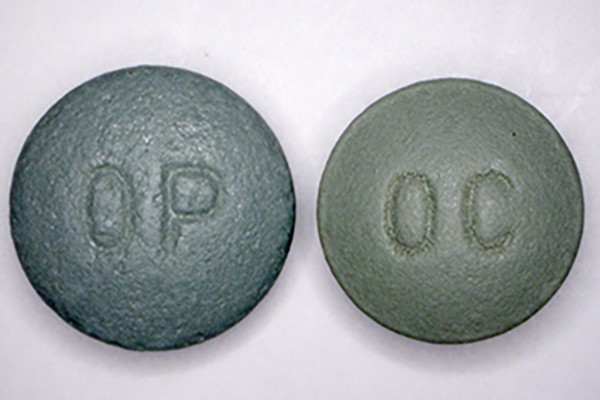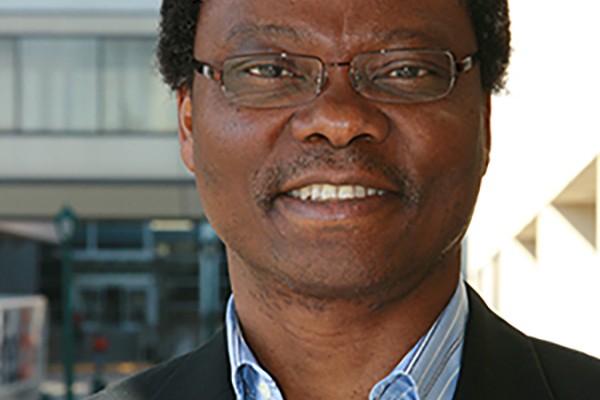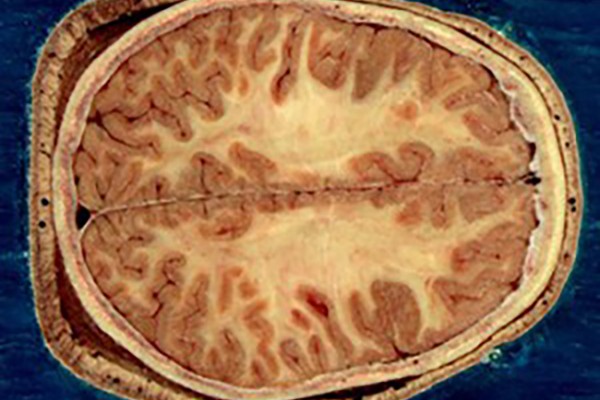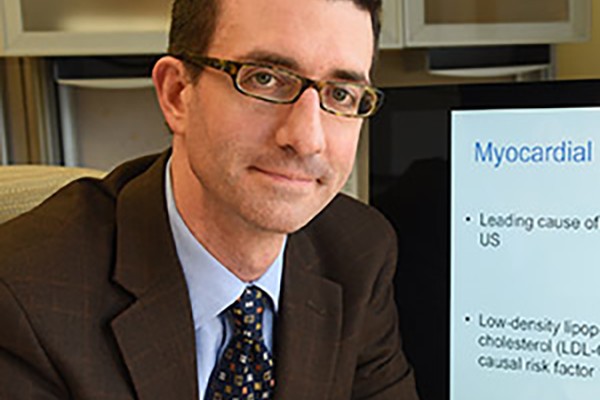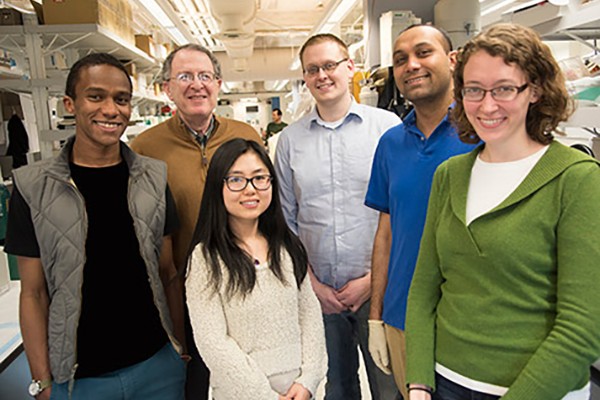Stem cells lurking in tumors can resist treatment
Scientists are eager to make use of stem cells’ extraordinary power to transform into nearly any kind of cell, but that ability also is cause for concern in cancer treatment. New research at the School of Medicine has revealed that these stem cells are present even in slow-growing, less aggressive tumors.
Harder-to-abuse OxyContin doesn’t stop illicit use
A reformulation of OxyContin (left) that makes it less likely to be abused than the older formulation (right) has curtailed the drug’s illicit use. But researchers at the School of Medicine have found that a significant percentage still abuse the drug despite package labeling that emphasizes its abuse-deterrent properties.
School of Medicine, BJC HealthCare plan new office building
Washington University School of Medicine and BJC HealthCare are planning to build a 12-to-14-story office building on the site of the Storz Building on the Medical Campus.
Innovative light therapy reaches deep tumors
Researchers led by Samuel Achilefu, PhD, at the School of Medicine have devised a way to apply light-based therapy to deep tissues never before accessible. Instead of shining an outside light, they delivered light directly to tumor cells, along with a photosensitive source of free radicals that can be activated by the light to destroy cancer.
New understanding of stroke damage may aid recovery
Stroke can lead to a wide range of problems such as depression and difficulty moving, speaking and paying attention. A new study led by Maurizio Corbetta, MD, at the School of Medicine has found evidence that stroke damage to “cables” buried inside the brain plays an important role in these impairments.
Stigma of mental illness in India linked to poverty
The stigma surrounding people with severe mental illness in India leads to increased poverty among them, especially women, according to new research led by Jean-Francois Trani, PhD, assistant professor at the Brown School at Washington University in St. Louis.
Mental health soon after war-zone concussions predicts disability
Evaluating military personnel with blast-related mild traumatic brain injuries, researchers have found that early symptoms of post-traumatic stress, such as anxiety, emotional numbness, flashbacks and irritability, are the strongest predictors of later disability. The study was led by the School of Medicine.
NIH grant to support study of heart’s inner mechanisms
Jianmin Cui, PhD, of the School of Engineering & Applied Science at Washington University in St. Louis, has received a nearly $1.7 million grant from the National Institutes of Health to study the molecular bases for the function of potassium channels vital for the heart, brain, inner ear and other tissues.
Study shows who benefits most from statins
New research suggests that widely used statin therapy provides the most benefit to patients with the highest genetic risk of heart attack. Using a relatively straightforward genetic analysis, the researchers, including Nathan O. Stitziel, MD, PhD, assessed heart attack risk independently of the traditional risk factors.
Gordon awarded King Faisal International Prize in Medicine
Jeffrey I. Gordon, MD, director of the Center for Genome Sciences and Systems Biology, has been awarded the King Faisal International Prize in Medicine.
Older Stories

